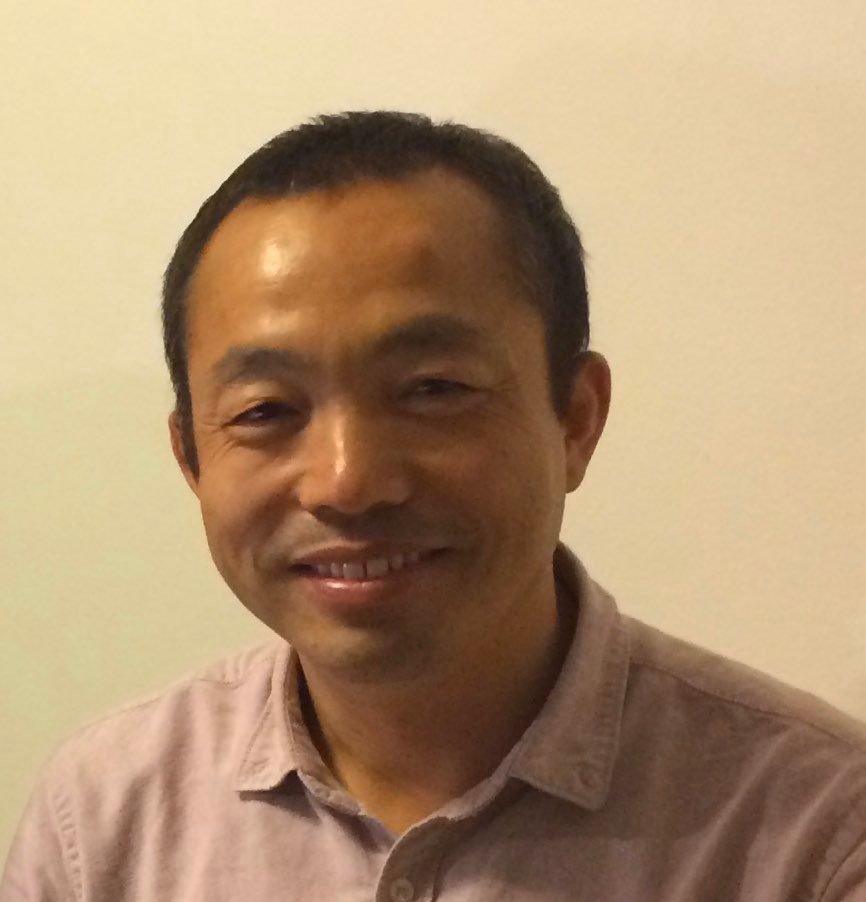In dialogue with UN experts on enforced disappearances, Sophie Luo – whose husband, human rights activist Ding Jiaxi, has been held in incommunicado detention for more than six months – emphasised the dangers of Chinese authorities’ practices, including the reliance on ‘residential surveillance in a designated location’, or RSDL.
Luo’s testimony highlighted Ding’s important work in promoting human rights and universal values in China, and the impact of the crackdown on Ding and other human rights defenders on overall rule of law in the country. Luo and her daughters have been separated from Ding, and remain unable to receive information from him, or to be assured of his access to a lawyer of his or their choice.
The Working Group’s annual report noted that the Chinese government has still – after more than 7 years – failed to positively respond to their request to visit the country; at the same time, the number of outstanding cases taken on by the Working Group increased by over 40% between 2018 and 2019 reporting periods, from 68 to 98. The report also raised concerns with ‘the continued use of residential surveillance in a designated location’ and emphasised that, as per the UN Declaration, ‘accurate information on the detention of persons deprived of liberty and their place or places of detention, including transfers, should be made promptly available to their family members, to their counsel or to any other persons having a legitimate interest in the information’.
Where China has failed to do this – as in the case of RSDL – such practices, say the experts, ‘amount to an enforced disappearance’. As Luo and other activists said today, China’s consistent engagement in enforced disappearances demands the attention of the international community, and a dedicated effort to monitor, report and hold Chinese authorities accountable.
Luo’s statement is available below; a longer version of the statement was also prepared for circulation.
Thank you, Madame President, Mr. Chair,
My husband Ding Jiaxi began his civil rights activities in China in 2011. He advocated for Chinese citizens to practice the rights enshrined in international conventions and the Chinese constitution. He promoted nonviolent protest, and encouraged Chinese citizens to confront social injustices.
For this work, he has been harassed, jailed, and tortured. He has been separated from me and our daughters. And from 26 December last year until now, he has been held in incommunicado detention including 6 months of “residential surveillance at a designated location”, or RSDL, on the charge of ‘inciting subversion of the state power’.
His lawyers’ requests to meet him have been continuously denied, and our family has had no communication with him. Mr. Chair, you and your colleagues have said clearly: this kind of detention constitutes enforced disappearance. I call on the Chinese government to set my husband Ding Jiaxi free!
My husband’s situation is typical of what China has been practicing against many human rights defenders in China, and other populations as well.
I call on governments and the United Nations as a whole to ensure China abides by its human rights obligations, repeals RSDL, and stops its crackdown on basic rights and freedoms, and those who defend them.
谢谢主席!
我先生丁家喜于2011年开始在中国参与人权活动,他倡导中国公民践行国际公约和中国宪法赋予的权利,推动非暴力运动,鼓励中国公民抵制社会不公义。
由于这些工作,他被骚扰,囚禁和酷刑。他被限制出境,被迫与我和我们的孩子们分离。从去年12月26日直至现在,以涉嫌煽动颠覆国家政权罪,一直被秘密关押,彻底与外界隔绝,包括长达6个月的的指定居所监视居住。
他的律师们的要求会见的申请一直被拒绝,我们家属和他一直不允许有任何通讯。主席先生,您和您的同事们已经说过这样的秘密羁押构成强迫失踪。我要求中国政府无条件释放我的先生丁家喜!
我丈夫所遭受的是典型的中国政府正在施行的对人权倡导者和其他许多人进行的迫害。
我要求人权理事会,各国政府和联合国一起来敦促中国政府遵守国际人权公约,废除指定居所监视居住,停止对基本人权和自由及其捍卫者的打压。




